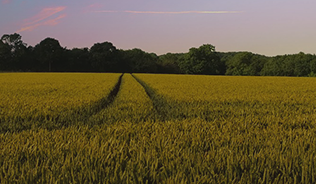Circular economy is an alternative to the traditional linear model in which products are made, used and disposed of. In contrast, the circular economy model aims to recognise value and eliminate waste by maintaining products, using them for longer, and using waste from one product to maintain another. Such a system has multiple benefits: as well as sustainability improvements, a more circular system reduces the risk of supply and price changes, lowering the cost of products, and can create new jobs in areas like reverse logistics.
Transitioning to such a system of course comes with challenges. As consumers or businesses, we need to reconsider the way we think about products and grow accustomed to accessing rather than owning them, such as using a carshare system. For existing or larger companies, transitioning to a circular economy model can be costly or impractical, as the infrastructure for returning products for reuse is lacking and different materials within a product can be difficult to separate.
Presented by Andrea Crump, this webinar introduces the circular economy model, considering how it can be applied to cities as well as to new and existing businesses, and discusses the benefits and potential challenges in adopting this model.
Andrea Crump is the head of the Sustainability team at the London Borough of Sutton Council, delivering a wide range of sustainability programmes across the borough, including sustainable energy and resource efficiency. She is one of three London Circular Economy Champions.





